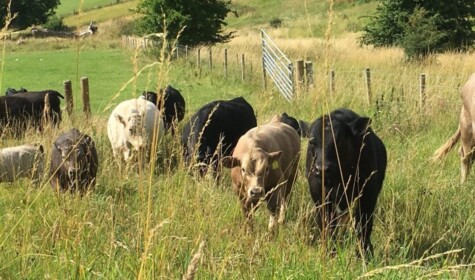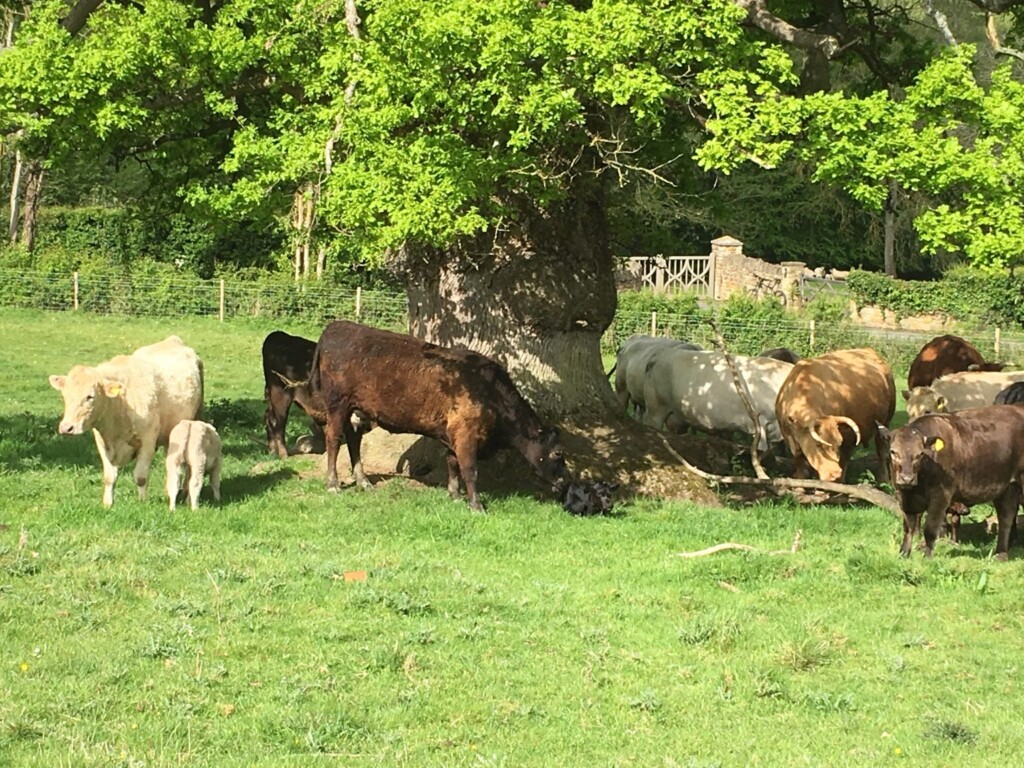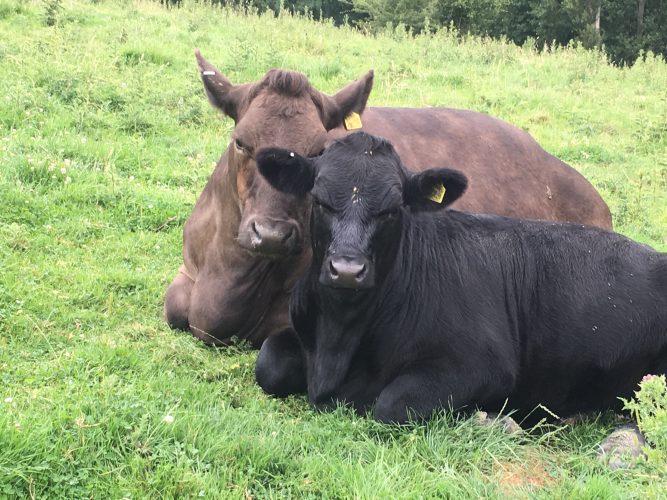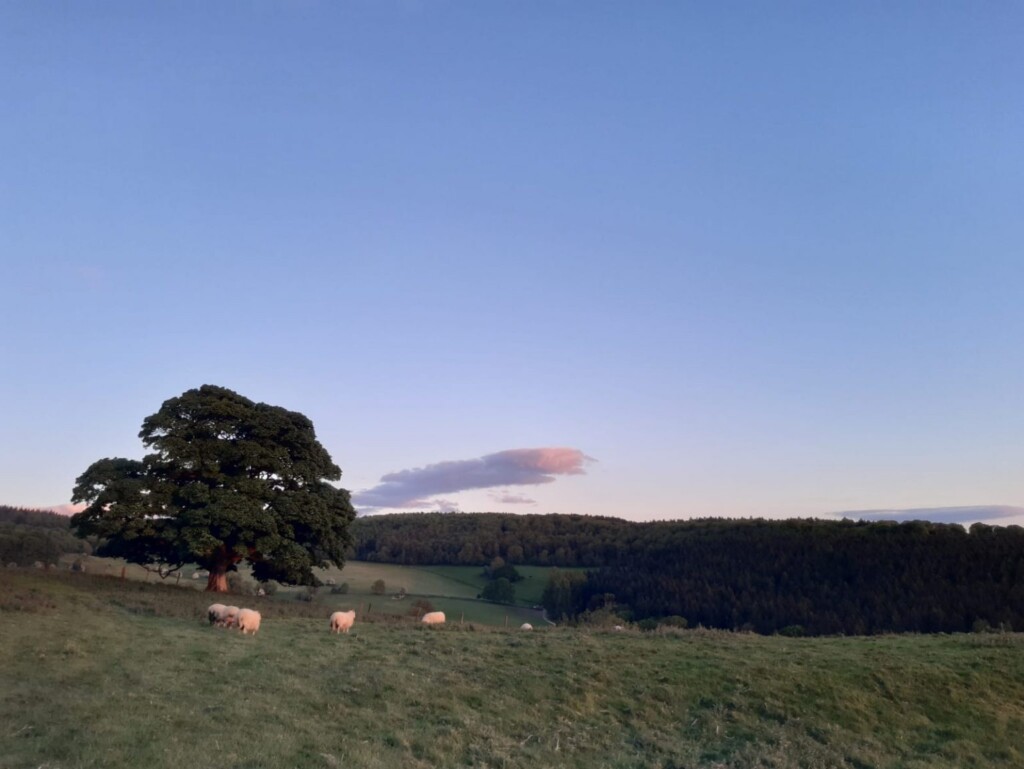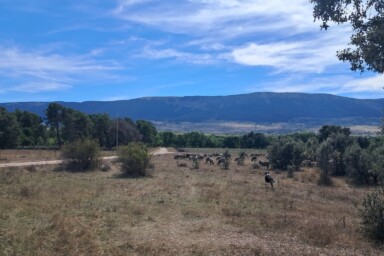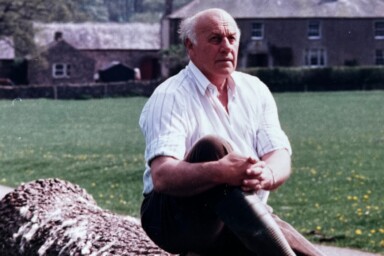Some sentences go round and round my head. They help me see more clearly what is in front of me – and what is above, beyond, beside and beneath my feet.
The sentences form as questions to the air. The answers can only ever come from observation.
Does an animal become more interesting as it grows older? Not necessarily.
Does it learn from its mistakes? Yes.
Does it adjust its expectations? The jury of my mind is still out…
Does it accommodate the fickleness of its owner? Dogs, cats, horses, parrots – almost always.
There will be as many answers as there are ancient animals; after all, not all people become more interesting as they grow older.
But what of everyday livestock? There are regrettably few who are allowed to grow old – yet there are some.
There are poignant lessons to be learned from old hens and the way they always make the best of everything, as we discovered when, some years ago, a very old hen lost a foot but carried on enjoying life, partly by learning how to use us to wait on her.
We have also learned a lot from ancient sheep, who in retirement, simply belong, enjoying the shepherding of younger generations.
One of our oldest cows had quite a testing winter, incarcerated because of the weather, nursing an injured leg that the vets could not cure and still suckling a bossy, demanding and ungrateful calf. The calf demanded to be groomed every day but refused absolutely to provide a reciprocal service.
Suddenly one day the calf ‘left home’ by jumping two gates and asking to be allowed to live with a group of cattle in a nearby barn. The cow, far from being worried, was visibly relieved and with Spring poised to begin, we gave her carte blanche to roam the farm on her own. Her injury did not prevent her enjoying life, but she could easily have become a target for aggression from other cows. She used her freedom with dignity and developed a happy routine of dozing and eating hay during the heat of the day and exploring new grazing grounds in the evenings and early mornings.
There are cows and sheep who learn quickly to value the liberties we allow them and there are those who plod on as before.
The ’knowledge’ in this family has always dictated that no group of young stock will ever settle down well, without a few older cattle in the bunch – and this holds true with sheep too.
Bumblebees in various liveries bumble past me everywhere I go. Infinitessimal violets, shyly nestle in the puzzle of above-ground ancient roots and tiny trees emerge from underground: beech, ash, oak, hawthorn, sycamore, cherry, but few escape the trampling and grazing of the cows and sheep. Squirrels seem to choose clever places to hide walnuts; there are many here, in deep fortresses of blackberries that grow unchecked by idle nibbling.
I am on constant plant patrol and every year since we’ve farmed here – 40 to be exact – I find new plants tucked-in behind fence posts, hiding behind trees, and so obviously out in the open, I must have walked past them a hundred times without noticing.
This year, I have found a new plant, sporting a rosette of seven leaves on a single stem which reminded me slightly of Herb Paris, but that rarely has more than four leaves. I am hoping a flower will appear eventually to aid in identification. I long to see and find everything, but part of me knows how extremely important it is that the farm keeps as many secrets as it can.
